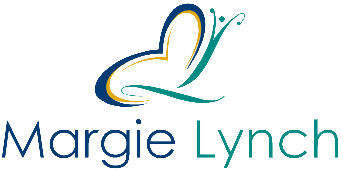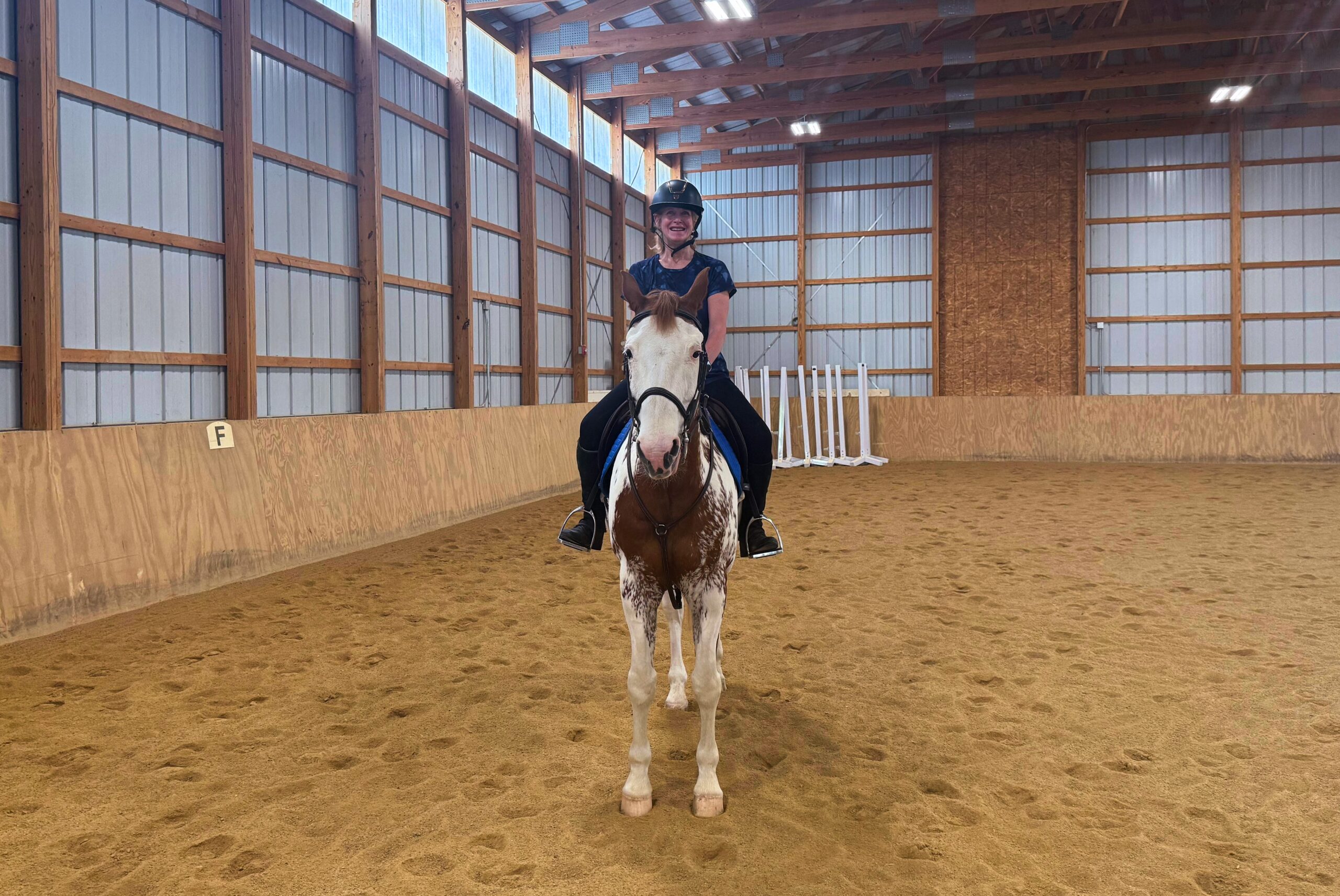Some dreams take years to materialize, waiting patiently in our hearts until the time is right. For me, that dream was horses—the connection, partnership, and joy they bring. While I grew up loving these magnificent animals from afar, it wasn’t until later in life that I finally crossed the threshold from admirer to rider, and eventually, to having a horse of my own.
The Delayed Dream
Many of us carry childhood dreams that get set aside during the busy years of career-building and family-raising. Growing up in Chicago, horses weren’t readily accessible in my daily life. As my career in HR leadership developed and I focused on raising my three sons as a single mother, horseback riding seemed like a luxury that would have to wait.
But research in positive psychology suggests that returning to these dormant dreams can significantly enhance wellbeing. As Martin Seligman’s work demonstrates, genuine happiness comes not just from pleasant emotions but from engagement in activities that connect us to something larger than ourselves.
Beginning the Journey
My first structured riding lessons came during a chapter when most people believe their time for learning new physical skills has passed. I discovered quickly that horses offer a master class in humility—no matter your professional status or achievements, you begin as a complete novice.
This humbling experience mirrors what a growth mindset reveals: embracing the beginner’s state opens us to deeper learning than approaching new skills with the expectation of immediate mastery.
The Wellbeing Connection
What I didn’t expect was how profoundly this relationship with horses would impact my overall wellbeing:
Physical Wellbeing:
Riding engages the entire body in ways unlike any gym workout. Core strength, balance, coordination, and body awareness develop naturally through the partnership with the horse. Research shows that equestrian activities can improve cardiovascular health and muscle tone.
Mental Wellbeing:
In our hyper-connected world of notifications and multitasking, horses demand something increasingly rare—undivided attention. When you’re distracted around a 1,200-pound animal, they notice immediately. This requirement for complete mental presence creates what psychologists call “forced mindfulness”—you simply cannot ride effectively while your mind wanders to work concerns or family logistics.
Emotional Wellbeing:
Horses are emotional mirrors, responding not to what we say but to what we feel. This immediate feedback loop teaches emotional regulation more effectively than any workshop or book. Horses require emotional authenticity—they see through our professional masks and respond to our true emotional state.
Social Wellbeing:
The horse community offers a unique social world that crosses generations, backgrounds, and professions. The shared passion creates connections that might never form in our professionally segregated lives. Communal activities built around shared values significantly enhance happiness.
Mindfulness in Motion
Perhaps the most profound gift horses offer is a path to embodied mindfulness. Unlike meditation apps or guided sessions, horses provide immediate feedback when your attention wanders—sometimes with a gentle ear flick, other times with more dramatic communication.
The concept of flow—that state of complete absorption in an appropriately challenging activity—perfectly describes the experience of a good ride. Time shifts, self-consciousness drops away, and you experience the rare joy of complete presence.
In our achievement-oriented culture, we often approach activities with a focus on outcomes rather than process. Horses disrupt this pattern, teaching us that the quality of our attention in this moment matters more than any future goal.
Leadership Lessons from the Barn
As I developed my coaching practice, I began noticing fascinating parallels between effective leadership and horsemanship:
Communication beyond words:
Effective leaders, like skilled riders, communicate through energy, intention, and consistency rather than just verbal commands.
Balance between firmness and flexibility:
Both horses and teams need clear boundaries and expectations alongside responsive adaptation to changing circumstances.
Emotional regulation as a foundation:
A leader’s anxiety, impatience, or frustration transfers immediately to both horses and human teams. Managing your own emotional state becomes a prerequisite for managing anything else.
Partnership over control:
The most beautiful riding comes not from dominating the horse but from creating such harmony that observers can’t tell who’s leading and who’s following.
Presence over perfection:
Being fully present with imperfect skills creates better results than perfect technique applied with a distracted mind.
These insights found their way into my coaching approach, particularly when working with women navigating leadership transitions. The horse wisdom of “clear, calm, and consistent” proves remarkably effective in human organizations as well.
The Path to Ownership
When I finally realized my dream of having my own horse, it came with unexpected lessons in patience and trust. Building a partnership takes time—there are no shortcuts or efficiency hacks when developing a relationship with another perceptive being.
Habit formation provides insight into why this extended timeline matters: meaningful relationships develop through consistent small interactions rather than occasional grand gestures. The rituals of care—grooming, tacking, observing—create connection far more profound than riding alone.
Beyond the Passion
What began as a personal passion has influenced my approach to coaching and leadership development. The lessons from horses translate remarkably well to professional environments:
- How do we maintain centered presence during organizational change?
- How can we communicate beyond words to build trust?
- What would change if we prioritized consistent small behaviors over occasional grand gestures?
- How might we recognize when someone needs firm boundaries versus supportive encouragement?
In my work supporting women through career transitions and leadership challenges, I often share these equine-inspired insights. The principles that build partnership with a horse—patience, presence, clear communication, emotional congruence—create powerful foundations for human leadership as well.
Your Own Delayed Dreams
Not everyone dreams of horses, but most of us carry some passion that has been set aside during the busy years of building careers and raising families. Reconnecting with these authentic interests significantly enhances wellbeing, regardless of whether they relate to our professional lives.
What dream might be waiting for you to return to it? What passion has been patient, remaining in your mind and heart through years of other priorities?
It’s never too late to honor these authentic parts of yourself. The patience and humility required to begin something new later in life becomes its own reward—a reminder that we are always capable of growth and joy.

